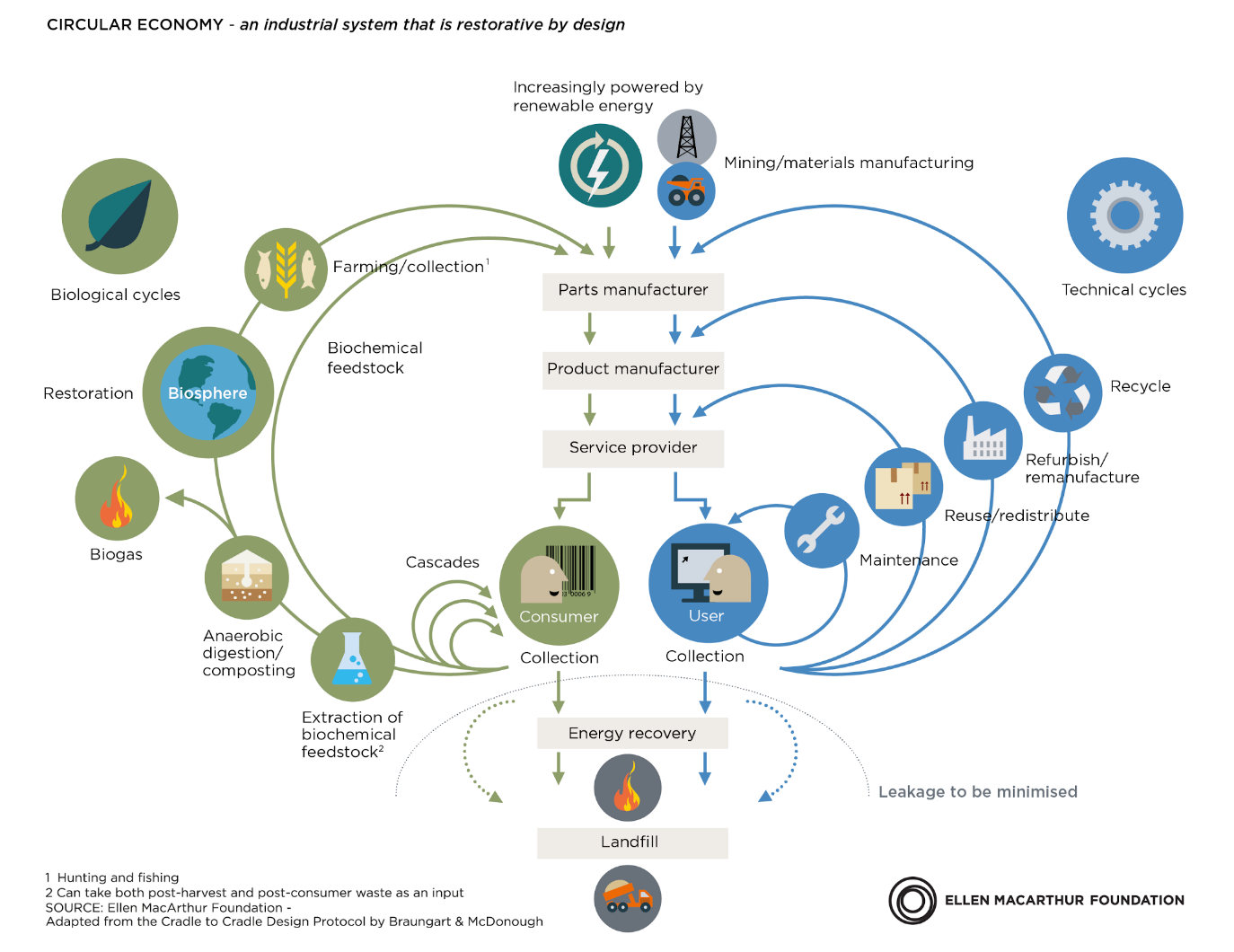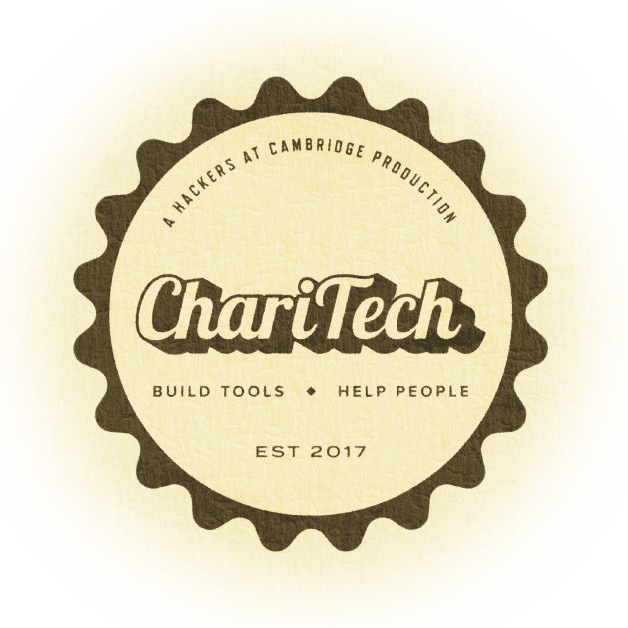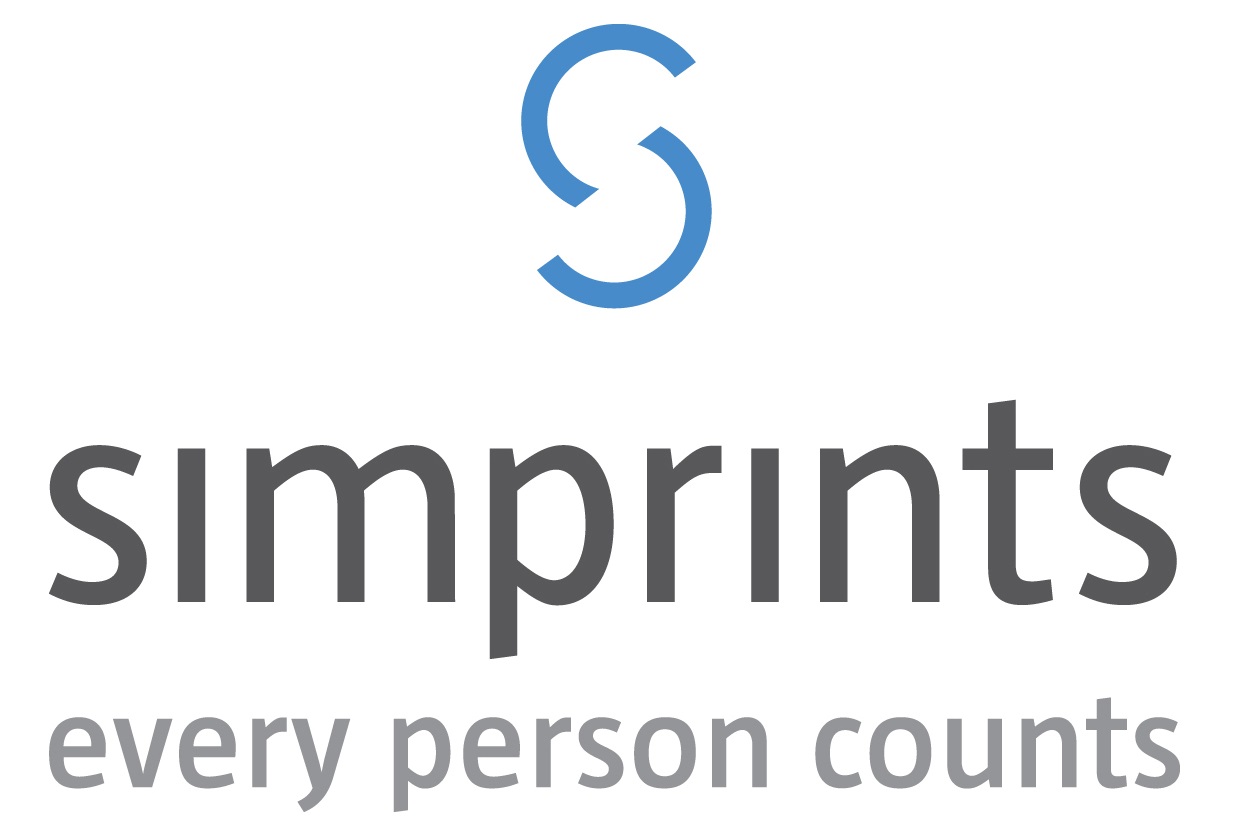About the cause
Since its launch in 2014, Madanyu has been committed to facilitate computer based education in the most remote settings of the world with the use of low-cost and low-power computing solutions.
Project challenges
Interactive Material Science game.
Materials Science lacks fun games that can be used at secondary schools across the world. We would like to inspire the next generation of designers and engineers for materials with a game that balances materials against performance criteria. The challenge is to come up with a JS game that encourages students to select the best materials to design conventional products such as basketballs, cricket bats, etc. We will provide a list of 100 materials data and an idea on how we visualised the game as starting point, with the expectation that the guys at ChariTech will convert the idea into their own. Interested participants have the opportunity to apply for a paid Summer Internship in Cambridge with our partner Granta Design.
Open source lesson plan system.
A key enabler for Madanyu is to have open-source lesson plans which teachers can use in developing countries in class and jointly with our volunteers can improve on over time. For this we seek a github solution for lesson plans, that hosts and version controls markdown lesson plans and can be shown in full spec via a browser. The challenge is to develop a minimal working solution that takes markdown lesson-plans from github and shows them to teachers and students to interact and help guide their learning in class. We will provide references to existing solutions to kick-start this process. Interested participants are invited to become a volunteer at Madanyu over this Summer and see the solution at schools in developing countries been tested live and further improved.
About the cause
Simprints are building open source software and biometric hardware to empower mobile tools used by researchers, NGOs, and governments fighting poverty around the world.
Project challenges
Data portal
Once in the hands of a frontline worker, Simprints enables real time identification of beneficiaries. However, to truly
maximise our impact we need to put actionable data into the hands of frontline workers, managers, and policy makers to
drive fundamental improvements in the delivery of healthcare, education, and aid distribution. Can you build an easily
extensible data portal that plugs into a Firebase real time database?
Fingerprint extraction
Extraction is the detection of the unique points on a finger, called minutiae. There can be are anywhere between 20-80
minutiae on a finger. Given a training set of fingerprint images, can you build a robust extraction algorithm? How will it
fare against our increasingly difficult test set? Bonus points if you can classify the fingerprint as a loop, whorl or arch.
About the cause
The Against Malaria Foundation is a charity which funds anti-malaria nets and works with distribution partners to ensure these nets are delivered and used. The AMF has a big focus on transparency when it comes to donations – each donor is tied to their donation and also the location of the nets which their donation has bought. This information is publicly available online.
Project Challenges
In the following challenges it is worth considering platforms which can give notifications to a user to update them on the status of their donation/fundraising competition.
Donation Portal.
We want you to think about the ways in which this data can be brought to life and the ways in which this could provide an incentive for people to continue their donations. This may take the form of an app which you log into, and which keeps track of your donations and displays them on a map. The app could also be extendable such that other charities can sign up and make use of this platform.
It is very important that security is taken seriously. Although all donations to the AMF are available online for the public to see, this app would keep track of all the donations tied to a specific person. This poses issues if someone were able to gain access to this information and see spending patterns/anonymous donations etc. Your solution should try to get around this issue by making use of logins, encryption or any other suitable method.
A csv of sample data can be found here.
Fundraising Competitions.
In the past, the AMF have run different fundraising competitions such as ‘March Madness’ and ‘The Big Varsity Match 2017’ where teams have competed to raise the most money for their fundraising pages.
A useful platform would be one which could allow these events to be put on more easily, and which would update donation information/statistics/visualisations in real time. This would help not only the AMF, but also other charities, put on these events in the future and involve more people in doing so.
About the cause
The Cambridge Commons are affiliated to the Equality Trust and exist to increase equality and social justice locally in Cambridge (a very unequal city!) and nationally in the UK. They have a major new initiative called “Imagine” running for 16 months – “Imagine a better and more equal UK in 2027”. “Imagine” is not just another social movement tackling one issue. It aims to build a holistic view of the country we want to live in, in 2027.
Project Challenges
Imagine Audience Platform.
We need to create a platform to automatically identify individuals and organisations who would be interested in the specific themes we will hold events on (e.g. education or taxation or housing) or the 'Imagine' programme as a whole (both as attendees, and routes to attendees).
Challenges to consider:
- Finding good data, and the best ways to utilise it
- Distinguishing, e.g.: 'office of tax collection' (irrelevant) from 'society for tax reform' (relevant)
- Making it possible to automate as much of the contact as possible, at least for individuals likely to be interested
About the cause
Slate2Learn runs a microfranchise of low-cost digital learning centres in Delhi, for after-schooltuitions. Each centre is located in the tutors’ home and equipped with 10 android tablets and araspberry pi server. Children come once a day to learn for 40 mn on a tablet, using Slate2Learnadaptive learning programme.We offer English language courses for class 1 and 2 at present.Each centre can cater to up to 100 children.We have 3 centres running in southern suburbs of Delhi since January 2017.Data generated in the centres is sent once a day to our cloud database, with the goal ofmonitoring centres remotely.
Project Challenges
Slate2Learn Dashboard.
To create a dashboard that allows visualization in real time of data generated in Slate2Learn learning centres. Slate2Learn wants to use the data collected in the centres to identify problems with centres, and even their causes, in order to solve them quickly but also single out centres that perform verywell to identify and replicate best practices.
There are 3 sets of metrics that we need to monitor: business data, admin/management data, and learning data. The frontend technology used to create the dashboard is at the discretion of the team. Centre data will be provided to teams in JSON format, or CSV. There is a possibility for teams with a prior knowledge of Django to work on the backend of the API.
For more information about this project, see this document
Seigo Robinson
About the person
Seigo was an organiser of a recent hackathon focussed on open source technologies. He is coming ChariTech to set some of the challenges from this hackathon for you to have a go at.
Project Challenges
Efficient Reuse.
The aim of the challenge to take an initial prototype app that aims to promote reuse of household items and develop the user stories and other relevant specifications for developers to take the app to Minimum Viable Product (MVP) stage. With this, funding can be sought to bring the MVP to reality and begin piloting.
See here.
This was done for me in another hackathon and the Github is here: https://github.com/JMurphyWeb/onpurposehack
Circular Economy.
This is about looping products within a regenerative/restorative industrial economy through reuse, sharing, remanufacturing, repair, refurbishment, and if needs be recycling. So circular economy organisations are those doing these types of activity.
Cambridge Carbon Footprint runs Circular Cambridge (promoting circular economy in Cambridge) and built out a map of repair shops, reuse shops e.g. charity shops, etc.
I took this and added to it including allotments etc. as part of an Open Source Circular Economy days push to create Action Protocols - almost a recipe book for doing something in your local area. I've been a little slow but my intention is to put a page up there to show people how to replicate the idea of creating a local circular economy map. That way people can quickly look up circular organisations doing repair, reuse, refurbishment, maintenance, recycling centres, etc. and thus help transition us from a take, make and throw away culture. The current open source map is here.
So the challenge: is it possible to replicate this type of map but potentially more automated / globally. Could your boffins for example scrape addresses from relevant organisations e.g. Timpsons website, Emmaus website, charity shops to donate to and buy from, recycling centres from council website, Furniture Reuse Network, etc. and plot them on this map. Hopefully, relatively quickly, this will become a real asset to folk. It also has the ability to help disadvantaged folk access lower priced items - say you're long term unemployed and your washing machine just packed up, if you could go to this directory and find somewhere to get one cheap or free then that is really helping someone in a bind.








